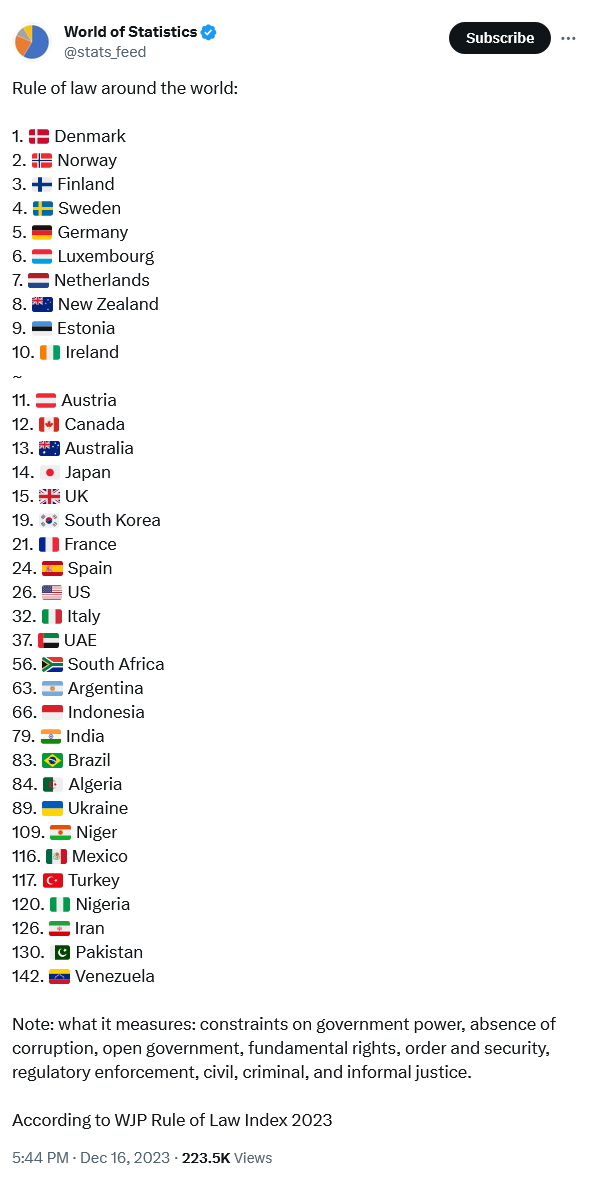Explore the alarming process of corporate farming in Sindh, its impact on water scarcity, ecological balance, and constitutional rights. Uncover the challenges faced by the people of Sindh and the potential repercussions on the federation.
#CorporateFarming #SindhControversy #WaterScarcity #ConstitutionalRights #EcologicalBalance
Unveiling Controversies: Sindh's Alarming Leap into Corporate Farming
The Government of Sindh's recent decision to allocate 52,700 acres of cultivable land to a federal institution for corporate farming has set off alarm bells, stirring controversy amidst the nation's deepening political and economic crises. As the country braces for contentious elections, this move raises pivotal questions about the national penchant for controversies and the potential implications for the second-largest federal unit.
Corporate Farming: A Potential Water Crisis Accelerator
The extensive land earmarked for corporate farming in Sindh brings forth concerns about exacerbating the chronic irrigation water shortage. The allocation of water resources between existing cultivable lands and the new corporate sector could further intensify the scarcity of irrigation water, posing a significant threat to agricultural sustainability.
Hasty Decisions and External Pressures
The swift approval of this leasing by the Sindh interim government raises eyebrows about potential external pressures influencing the decision-making process. The urgency exhibited in this process demands a closer examination of the forces at play and their impact on the region's agricultural landscape.
Ecological Balance and Coastal Concerns
The argument for desalination downstream of Kotri Barrage as a solution for irrigation water overlooks the global consensus on maintaining a balance by allowing a certain amount of sweet water to flow into the sea. Sindh's delta, one of the world's largest, houses unique flora and fauna, emphasizing the need for preserving ecosystems, including mangrove forests and the delta.
Water Experts' Warning: Sea Intrusion and Coastal Land Loss
Water experts emphasize the necessity of a substantial flow into the sea downstream of Kotri Barrage to counter sea intrusion. Coastal land loss has already occurred due to encroachment by the sea, leading to migration in affected districts. The allocation of river water for corporate farming, without preserving ecological balance, may exacerbate these challenges.
Historical Neglect and Imbalanced Development
Sindh, historically reliant on the Indus Valley, has faced neglect in industrial development, perpetuating dependence on agriculture. Despite possessing resources such as gas, oil, minerals, and coal, equitable development has eluded the province, intensifying poverty and unemployment and fostering a palpable sense of deprivation.
Constitutional Rights and Decision-Making Scrutiny
Constitutionally, agriculture and cultivable lands fall under provincial jurisdiction, emphasizing the people's right to ownership. Allotting these lands to a federal institution demands approval from the province's Legislative Assembly. The involvement of the Chief Minister, a former Supreme Court Justice, adds a layer of scrutiny to the decision-making process.
The People's Plight: Poverty, Deprivation, and Housing Schemes
The people of Sindh, already grappling with poverty and diminishing resources, cannot afford further deprivation. The potential sustenance for landless peasant families through smaller land allotments contrasts starkly with the pursuit of large-scale corporate farming and prior appropriation of urban and rural lands for alternative purposes.
Political Resistance: Past and Future
Weak political administrations in Sindh have historically shown limited resistance to land appropriation, contributing to sprawling housing schemes. The apprehension is that neither the current interim government nor the upcoming elected government will resist the pressure for land allocation, deepening the sense of deprivation among the people.
Federal Principles at Stake: Safeguarding Rights and Assets
In a global context, federal states typically safeguard the rights and assets of smaller units from federal encroachment. Adhering to this principle becomes imperative for Pakistan to avoid fueling resentment, lowering the institution's esteem in the second-largest federal unit, and potentially endangering the federation.
Rising Opposition: A Unified Front
The mere announcement of land leasing has sparked widespread opposition, uniting social and political groups. As this movement gains momentum, the potential for further resistance poses critical questions about the future trajectory of corporate farming in Sindh and its broader implications for the nation.
Navigating the Controversial Terrain
The journey into corporate farming in Sindh unfolds as a controversial narrative with far-reaching implications. As stakeholders and concerned citizens navigate this terrain, understanding the delicate balance between economic ambitions and ecological preservation becomes paramount. The path ahead demands thoughtful consideration of constitutional rights, water sustainability, and the socio-economic fabric of the region. The controversy around Sindh's leap into corporate farming serves as a clarion call for a nuanced, inclusive dialogue on the future of agriculture and land use in Pakistan.












